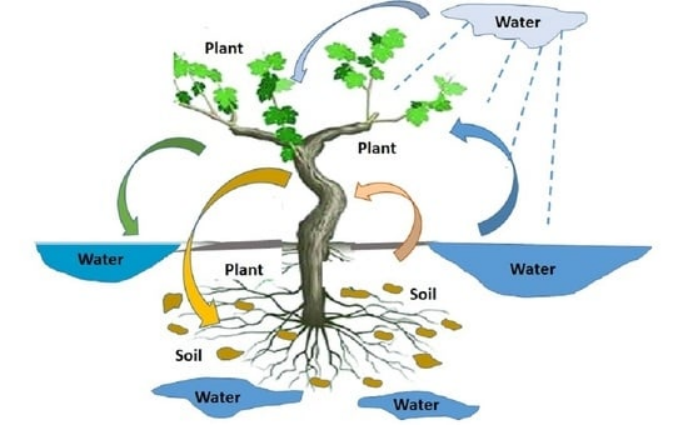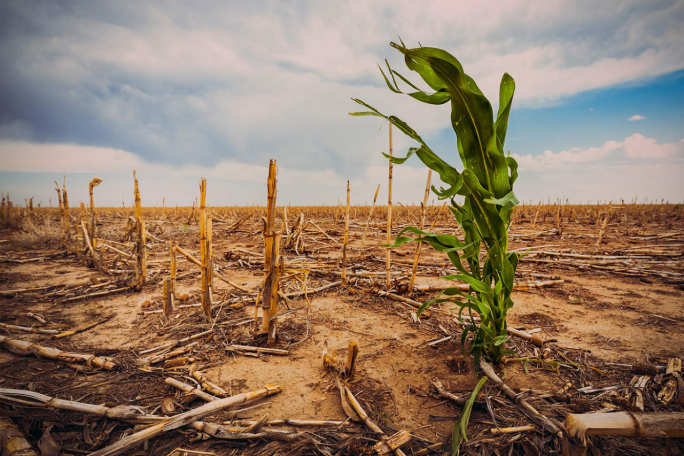Water. It’s the simple, two-hydrogen, one-oxygen molecule that makes up roughly 71% of our planet's surface and over 60% of the human body. Yet, its simplicity belies its profound complexity and the indispensable role it plays in virtually every aspect of life as we know it. From the vast, mysterious depths of our oceans to the microscopic pathways within our cells, water is not merely a substance; it's the architect of life, the engine of economies, and the silent storyteller of our planet's past and future.
The Cradle of Life: Water's Biological Imperative

Imagine a world without water. It’s an impossible thought, for life itself would cease to exist. Water's unique properties make it the perfect medium for biological processes. Its polarity allows it to dissolve more substances than any other liquid, earning it the title of the "universal solvent." This ability is crucial for transporting nutrients to cells, removing waste products, and facilitating countless biochemical reactions that sustain life.
Consider the human body: water regulates our temperature through sweating, lubricates our joints, protects our organs and tissues, and aids in digestion. Every breath we take, every muscle contraction, every thought we form is dependent on adequate hydration. Dehydration, even mild, can lead to fatigue, headaches, and impaired cognitive function, highlighting water's immediate impact on our daily well-being.
Beyond individual organisms, water is the foundation of entire ecosystems. Rainforests, wetlands, coral reefs – all thrive because of abundant water. It dictates the distribution of plant and animal species, shapes landscapes through erosion and deposition, and drives the global climate system through evaporation and precipitation. Without the constant movement and transformation of water, the intricate web of life would unravel.
The Economic Engine: Water in Industry and Agriculture
Water's influence extends far beyond biology, underpinning global economies and human civilization. For millennia, access to water has determined the rise and fall of empires, the location of cities, and the viability of agriculture. Today, this remains largely true.
Agriculture is by far the largest consumer of fresh water globally, accounting for approximately 70% of withdrawals. From irrigating vast fields of staple crops like rice and wheat to watering livestock, dependable water sources are essential for food security. Innovations in irrigation techniques, such as drip irrigation and hydroponics, aim to reduce this consumption, but the sheer scale of global food production means agriculture will always be heavily reliant on water.
In industry, water is used for cooling power plants, manufacturing goods, extracting raw materials, and processing food. From the microchip in your smartphone to the clothes on your back, almost every manufactured product has a "water footprint." Even industries that seem unrelated to water, like technology, rely on it for cooling data centers and cleaning sensitive equipment.

Energy production is another significant user. Hydropower, generated by the force of moving water, is a clean and renewable energy source. Thermal power plants, whether fueled by coal, gas, or nuclear energy, use vast amounts of water for cooling and steam generation. As the world seeks sustainable energy solutions, the interplay between water availability and energy production becomes increasingly critical.
The Environmental Barometer: Water and Climate Change
Water is also a critical indicator and victim of climate change. Rising global temperatures are altering precipitation patterns, leading to more frequent and intense droughts in some regions and increased flooding in others. Glaciers and ice caps are melting at an alarming rate, contributing to rising sea levels and threatening coastal communities.
The oceans, which absorb much of the excess heat and carbon dioxide from the atmosphere, are experiencing significant changes. Ocean acidification, caused by the absorption of CO2, threatens marine life, particularly coral reefs and shell-forming organisms. Warmer ocean temperatures are contributing to more powerful storms and disrupting marine ecosystems.
Understanding these changes in the global water cycle is paramount to mitigating the impacts of climate change and adapting to a rapidly changing world. It underscores the interconnectedness of our atmosphere, oceans, and land, all bound together by water.
The Future of Water: Challenges and Solutions
Despite its abundance on Earth, freshwater scarcity is a growing crisis. Population growth, increasing demand from agriculture and industry, pollution, and the impacts of climate change are straining finite freshwater resources. Billions of people still lack access to safe drinking water and adequate sanitation, leading to widespread health problems and hindering development.
The challenges are immense, but so are the opportunities for innovation and sustainable management. Solutions include:
Improved Water Management: Implementing integrated water resource management plans that consider all users and environmental needs.
Wastewater Treatment and Reuse: Treating municipal and industrial wastewater to a high standard for non-potable uses like irrigation or industrial processes.
Desalination: Converting saltwater into freshwater, particularly crucial for arid coastal regions, though energy-intensive.
Water Conservation: Encouraging individuals, industries, and agricultural sectors to reduce consumption through efficient practices and technologies.
Protecting Ecosystems: Preserving wetlands, forests, and other natural landscapes that play a vital role in filtering and storing water.
A Call to Action
Water is not just a commodity; it's a shared heritage and a fundamental human right. Its intrinsic value transcends economic calculations. Recognizing this, and acting upon it, is essential for ensuring a sustainable future for all. Every drop counts, and every action, whether individual or collective, contributes to the health of our planet's most precious resource. Let's champion water, protect its purity, and manage it wisely, for our lives, our economies, and our planet depend on it.
To ensure you're getting the purest and most beneficial water for your health, consider investing in a high-quality water purification system. For a wide range of options, including advanced RO water purifiers that can provide clean and healthy drinking water for your home, explore products like those found at : https://sanaky.com.vn/may-loc-nuoc-ro/
--------------------------------------------------------------------------------------------------------------
SANAKY VIETNAM., CO LTD - Manufacturer of Chest Freezer - Upright Cooler, Transformer, RO Water Purifier...
 Vietnamese
Vietnamese  English
English  Chinese
Chinese  French
French  Spanish
Spanish  Russian
Russian  Arabic
Arabic  Portuguese
Portuguese